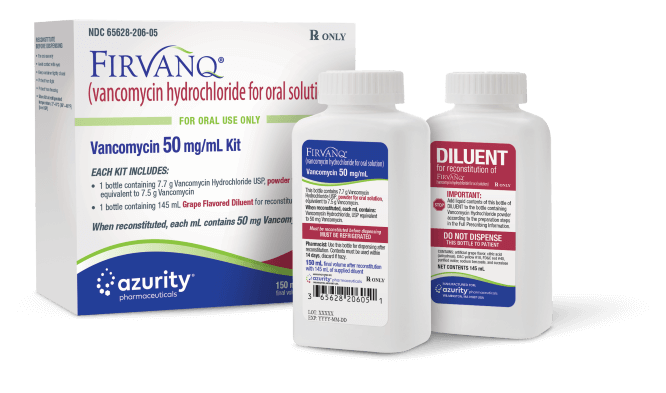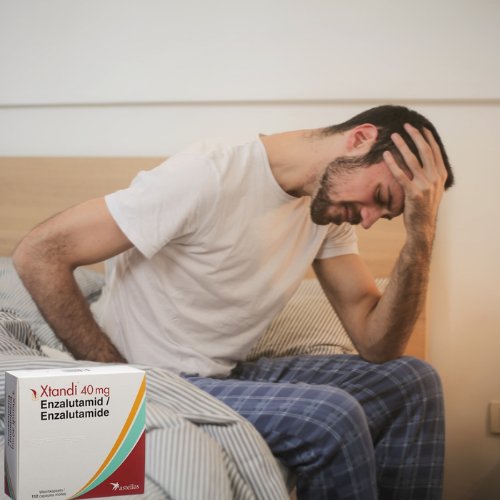
Healthcare Quality Leadership
November 18, 2021
Can FIRVANQ® Cause Clostridium Difficile Colitis?
November 30, 2021Hospital pharmacist mission and vision
A hospital pharmacist plays a vital role in a hospital’s safe medication management. This professional uses specialised knowledge and skills to improve patient care, including the manufacture of new medications dosage forms when ready-made preparations are not available. The role of a hospital pharmacist can be challenging, but it requires a high level of dedication and knowledge. It also involves regular use of research resources. As a result, the pharmacy profession requires a highly qualified, well-rounded professional.
Past medical history
A hospital pharmacist performs several functions that contribute to patient care. Their job responsibilities include counseling and assessing patients’ current and previous medical conditions, as well as recommending safe and effective medications and dosages. They are also responsible for monitoring the effectiveness of prescribed medications and their effects. They also help monitor and evaluate the therapeutic efficacy of medicines. Besides this, hospital pharmacists are also vital sources of information for other healthcare professionals and are a valuable resource for patients and their families.
Hospital pharmacist, your first contact
A hospital pharmacist is often the first point of contact between a patient and their healthcare providers. This pharmacist is usually well versed in the different medications used and has a comprehensive knowledge of their effectiveness. They discuss new medications with medical professionals and ensure that the right dosage is given to patients. A hospital pharmacist may consult with physicians about a new treatment option to help them avoid or manage a relapse. They may also review a patient’s chart to identify any adverse drug interactions and other medical issues that could affect their recovery.
Hospital pharmacist as a drug information center

The role of a hospital pharmacist is diverse. Among the many duties, a pharmacist may be involved in drug information and testing the safety of medications. Some hospital pharmacists are also involved in drug-dependency facilities. They must also have a deep understanding of the human body and its effects. They must be well-rounded in order to ensure the best patient care. However, the primary responsibility of a hospital pharmacist is to ensure the safety of patients.
Hospital pharmacist and therapeutic drug monitoring
A hospital pharmacist must monitor the effectiveness of medicines. They must also maintain a daily list of all prescribed medications. Besides that, they must monitor the therapeutic response of patients. It may involve them in developing new medications and evaluating medicines. It may also involve them in discharging patients. The job of a pharmacist is to assist medical professionals. A pharmacy assistant can help them decide what to prescribe. Whether they work in an NHS hospital or a private one, their role is crucial.
Hospital pharmacist and discharge prescription
A hospital pharmacist performs many tasks. Besides dispensing prescriptions, they also assist patients during their transition from hospital to home. They assist patients in navigating the transition from hospital to home. They also serve as a liaison between physicians and pharmacies. A pharmacist is a key part of the healthcare team. They will communicate with doctors and coordinate post-discharge care. A pharmacy technician works with doctors to make sure patients are receiving the right medication.
Hospital pharmacist and patient safety
A hospital pharmacist focuses on the management and administration of medications. A pharmacist also ensures that patients receive the right dosages of medications. Besides ensuring proper medication administration, hospital pharmacies are also concerned with global issues. These healthcare facilities often face a high number of patients with medical complications. Besides ensuring a safe medication environment, these professionals need to manage patient safety. They must have the resources to deal with the most common problems and challenges.
Hospital pharmacy technicians

A hospital pharmacy technician is an important member of a hospital’s medical team. They work closely with hospital doctors and other medical professionals. They help patients by dispensing medicines. Besides dispensing medicines, they also monitor and prepare the medication for the patients. The roles of a pharmacy technician are varied. They may be directors or managers, as well as procurement officers, a manager, or a technical supervisor.
Conclusion
A hospital pharmacist does several things, from selecting medicines to advising patients on the right dosages. A hospital pharmacist also counsels doctors and nurses. If you’re interested in becoming a hospital pharmacy, consider applying for a position as a clinical pharmacist in an appropriate medical setting. Besides this, you can even work in emergency departments.






